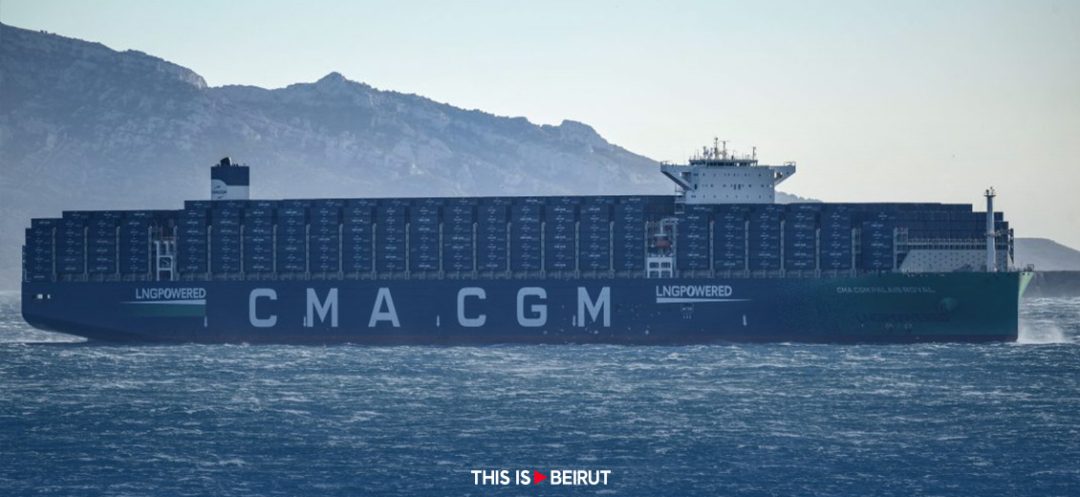The IMF and World Bank expressed their fears over the repercussions of instability in the Middle East. The war in Gaza and the Houthi’s attacks in the Red Sea are jeopardizing the global economy.
The IMF and World Bank warned on Monday that the Gaza war and the related attacks on shipping though the Red Sea pose threats to the global economy.
The Israel-Hamas war raging since October has already hit the Middle East and North Africa region’s economy, said the International Monetary Fund’s managing director Kristalina Georgieva.
Its knock-on effects could impact the world the longer the fighting drags on, Georgieva told the World Governments Summit, an annual gathering of business and political leaders in Dubai.
“I fear most a longevity of the conflict because, if it goes on and on, the risk of spillover goes up,” she said.
“Right now we see a risk of spillover in the Suez Canal,” she said, as Yemen’s Iran-backed Houthis have attacked Red Sea shipping leading to the crucial maritime passage.
The UN Conference on Trade and Development warned late last month that the volume of commercial traffic passing through the Suez Canal had fallen more than 40 percent in the previous two months.
Georgieva said that if there are other “consequences in terms of where the fighting goes, it could be more problematic for the world as a whole”.
On a personal note, she added that “as a woman, as a mother, grandmother… I pray for peace”.
Despite the war-related uncertainties, Georgieva said the IMF is “very confident that the world economy is now poised for this soft landing we have been dreaming of”.
“I expect to see by mid-year interest rates going in the direction inflation has been going for the last year now,” she said, when asked about interest rates being cut in leading economies.
Also speaking at the summit, World Bank President Ajay Banga said that “what’s going on Gaza, but also the challenges of Ukraine… and the Red Sea” are among the top challenges to the global economic outlook.
“When you add these variables to what is already turning out to be probably the lowest growth of the last 55 years…. that’s something we have to keep a close eye on,” he said.
With AFP






